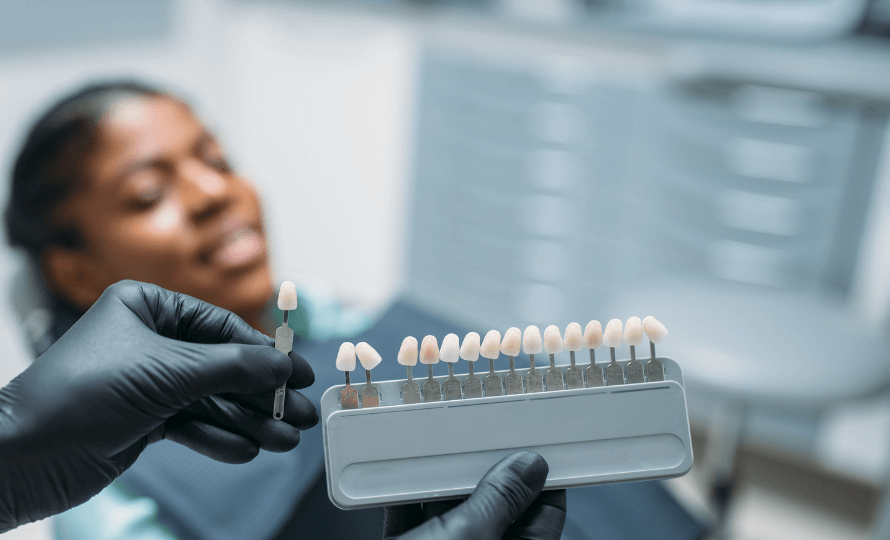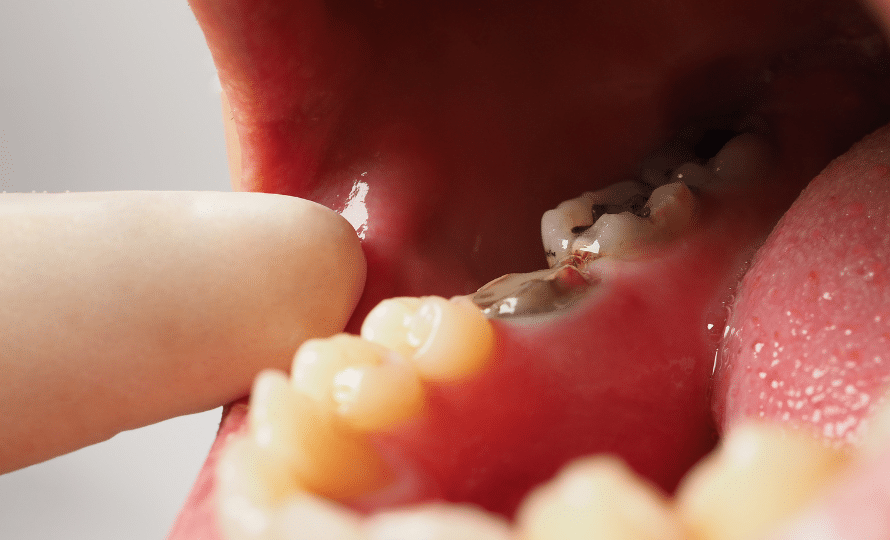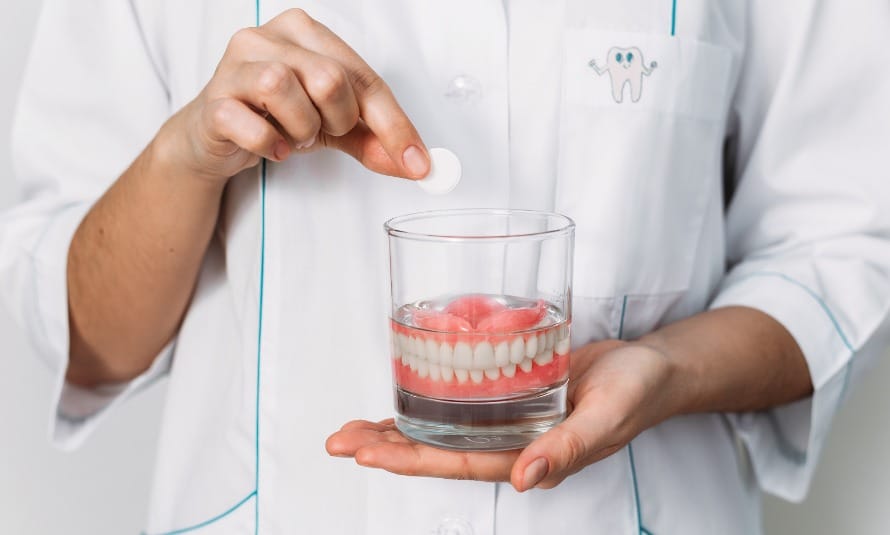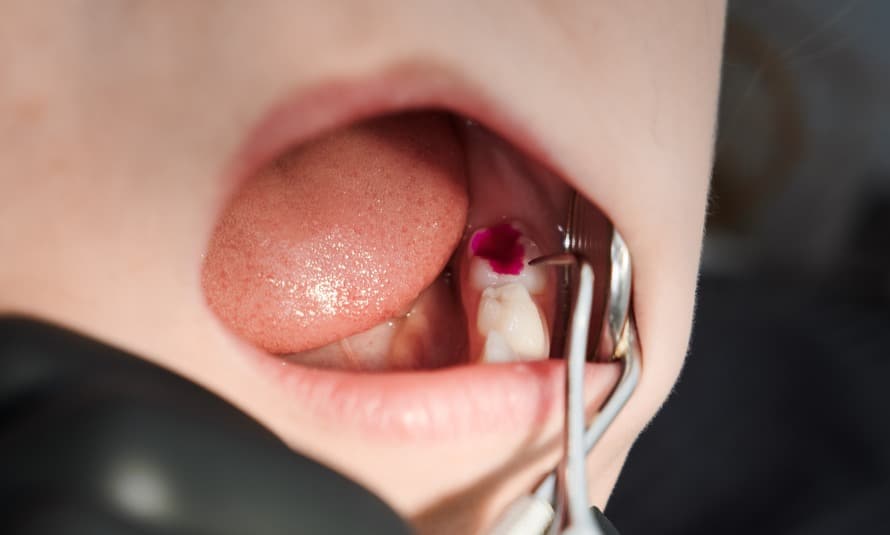Healthy Habits for a Lifetime: Teaching Dental Independence to Kids

As parents, one of our most important responsibilities is to teach our children essential life skills, including the importance of maintaining good oral health. By instilling healthy dental habits in kids from an early age, we can set them up for a lifetime of optimal oral health. In this blog post, we will explore effective strategies to teach dental independence and foster good oral hygiene practices in children, ensuring they develop habits that will benefit them throughout their lives.
Tips That Help Teach Your Kids Dental Independence
1. Lead by Example
Children learn by observing their parents and caregivers. Set a positive example by demonstrating good oral hygiene habits yourself. Brush your teeth alongside your child, showing them the proper technique and emphasizing the importance of consistency and thoroughness. Make oral care a family activity to create a positive association with dental hygiene.
2. Start Early
Introduce oral care routines as soon as your child’s first tooth emerges. Begin by gently cleaning their teeth and gums with a soft cloth or infant toothbrush. As more teeth come in, switch to a child-sized toothbrush and a pea-sized amount of fluoride toothpaste. Encourage your child to brush their teeth twice a day under your supervision.
3. Make it Fun
Make dental care enjoyable for your child by incorporating elements of fun and playfulness. Use colorful toothbrushes, flavored toothpaste, or musical toothbrushes to make brushing more exciting. Consider using a timer or singing a catchy tune to ensure they brush for the recommended two minutes. Celebrate their efforts and progress with small rewards or a sticker chart.
4. Educate and Explain
Take the time to educate your child about the importance of dental care. Explain in simple terms why brushing, flossing, and regular dental check-ups are necessary for maintaining a healthy smile. Use age-appropriate books, videos, or interactive apps to make learning about oral health engaging and accessible for them.
5. Practice Proper Technique
Teach your child the proper technique for brushing and flossing. Show them how to reach all surfaces of their teeth, including the front, back, and chewing surfaces. Emphasize the importance of brushing along the gum line and gently brushing their tongue to remove bacteria and freshen their breath. Demonstrate proper flossing technique and assist them until they can do it independently.
6. Encourage Healthy Snacking
Diet plays a significant role in oral health. Encourage your child to make healthy food choices and limit sugary snacks and beverages. Provide a variety of fruits, vegetables, and dairy products as snacks, which promote strong teeth and gums. Teach them about the importance of drinking water and maintaining good hydration for overall oral health.
7. Schedule Regular Dental Check-ups
Regular dental check-ups are essential for your child’s oral health. Schedule their first dental visit by their first birthday or when their first tooth erupts. Regular visits allow the dentist to monitor their oral development, detect any issues early on, and provide preventive care such as fluoride treatments and dental sealants.
Teaching dental independence to kids sets the foundation for a lifetime of good oral health. By leading by example, starting early, making dental care fun, educating and explaining, practicing proper technique, encouraging healthy snacking, and scheduling regular dental check-ups, you can instill healthy habits in your children. Remember, the lessons you teach them now will shape their oral health and overall well-being for years to come.
Recent Posts

Same-Day Smiles with Our In-House Mill at Promenade Center For Dentistry

Understanding when do you need a root canal

Denture maintenance and Cleaning Tips

Common Dental Emergencies: A Complete Guide


